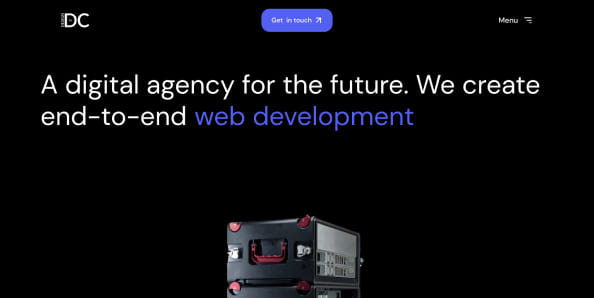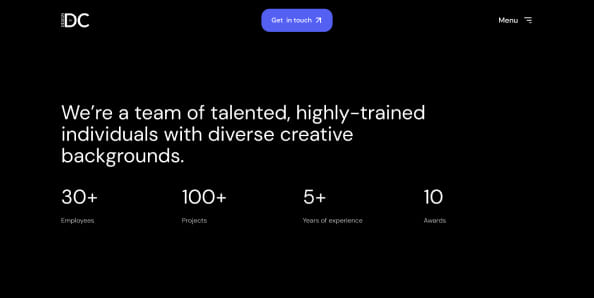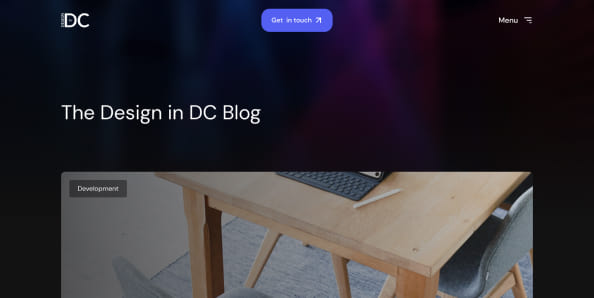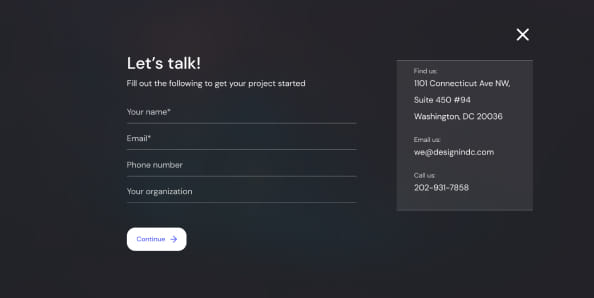Why Blogging Is Crucial In SEO
SEO SEO SEO! The buzzword in the world of websites. From keywords, meta-descriptions, and ranking, now more than ever, companies are asking themselves “Are we doing everything we can do to leverage SEO?”
We all know that Google is the go-to search engine for information. No matter what kind of website you run, if you want people to find it, it should be in the Google search engine outcomes, which is not easy. What if I told you that there was something more that many businesses are not doing, something easy that will boost your rankings? Blog posts!
Why Blog?
It’s simple. When you have a blog that’s updated regularly with high-quality posts about topics relevant to your audience, it can turn web browsers who were merely seeking information into possible leads. Blog posts are a great way to share information and provide value to your audience, but did you know that they can also help boost the rankings of your website? We put together some reasons and tips to help you get started.
An Active Blog Means An Active Website.
Keep your information up to date.
Google doesn’t want to provide outdated information to its users. Websites that receive regular updates convey relevance, making them more appealing to search engine algorithms. This, in turn, increases the frequency of indexing by search engines, ensuring that the website remains on their radar over time. Moreover, maintaining an active blog becomes a practical tool for consistently adding fresh content to the website.
Staying relevant
When encountering websites that have not been updated for an extended period, users will lose trust in the information presented. A regularly updated blog ensures the ongoing relevance of your website and delivers valuable information to your audience.
A blog can hold your viewer for longer.

Help Google Help You
Google’s primary objective is to provide searchers with the information they seek because they want them to return to their platform. If a user clicks on the first search result but quickly returns to the search page, it signals to Google that the result was not as helpful as expected. Conversely, when a user clicks on a result and spends a significant amount of time on the website, it indicates to Google that the website is valuable.
Dwell Time
While Google has not explicitly confirmed dwell time (the duration users spend on a website) as a definitive ranking factor, their statements suggest that they do, however, consider it and assign significance to it. Visitors arriving at your website through a blog post in search results are more likely to stay and engage with the content than those landing on pages with less text or information.
Are you using long-tail keywords in your blog?
Understanding Long-tail Keywords
One fundamental aspect of SEO is to focus on keywords that your audience is likely to use. For example, if your business is about home baking supplies, you aim to rank high when people search for terms like “baking supplies.” However, unless you’re a leading brand in this sector, achieving a top ranking for such a broad term can be a tough challenge. A more feasible approach is to target longer, more specific keywords that match the queries of potential customers. These specific, descriptive keywords are known as long-tail keywords and play a crucial role in any SEO strategy.
Incorporating Long-tail Keywords into Your Blog Posts
Adding long-tail keywords to product pages can sometimes be challenging, but they are particularly well-suited for blog posts. Consider the home baking supplies example. A store in this niche can use blog posts to share valuable insights on topics like “best baking tools for artisan bread” or “must-have ingredients for gluten-free baking.” These specific search terms may not draw as much traffic as a generic term like “baking supplies,” but they attract visitors who are squarely in the target demographic of home bakers. By ranking on the first page for these niche topics, you can draw in significantly more traffic from your intended audience.
Harness the power of internal linking.
Did you know?
A significant aspect of SEO revolves around internal linking. Internal links to other valuable content on your website help to increase the time the user spends on your website. Neglecting to incorporate internal links on your website, guiding users from one page to another, constitutes one of the most basic SEO mistakes.
The power of backlinking in blogs
While you might discover valuable internal linking possibilities on the primary pages of your website, the potential expands substantially when you begin publishing blog posts. Each new page covering various yet related topics creates additional opportunities to interlink these pages naturally. For instance, if you need 10 signs that you should redesign your website, we could direct you to that information. Each instance allows you to strategically utilize anchor text, enhancing Google’s understanding of the linked page and reinforcing its association with your target keywords.
Turn your site into a reliable source of information.

External links
While internal links matter, the hardest part of SEO is earning external links. For Google to see your website as trustworthy and authoritative, other sites (and respected ones) have to link back to yours. It’s not impossible to get external links without a blog, but it’s much harder.
When you write a blog, you fill your website with page after page of valuable information. Any time another website decides to point its readers to another site for information, there’s a better chance that your website will provide that information that’s worth linking if you have been posting a consistent amount of blogs.
Turn your audience into advocates
Blogging gives your audience another reason to engage with your site.
When your audience engages with a post they find appealing, they are more likely to share it, revisit your website for more content, and subscribe to your email list. The influx of traffic and recurring visits signals to Google that your website is well-received, elevating your authority in their algorithm.
The essence lies in having your target audience visit your website, engage with it, and evolve into regular followers. A blog serves as an effective means to foster these connections and initiate an enduring relationship with the audience you aim to reach.












